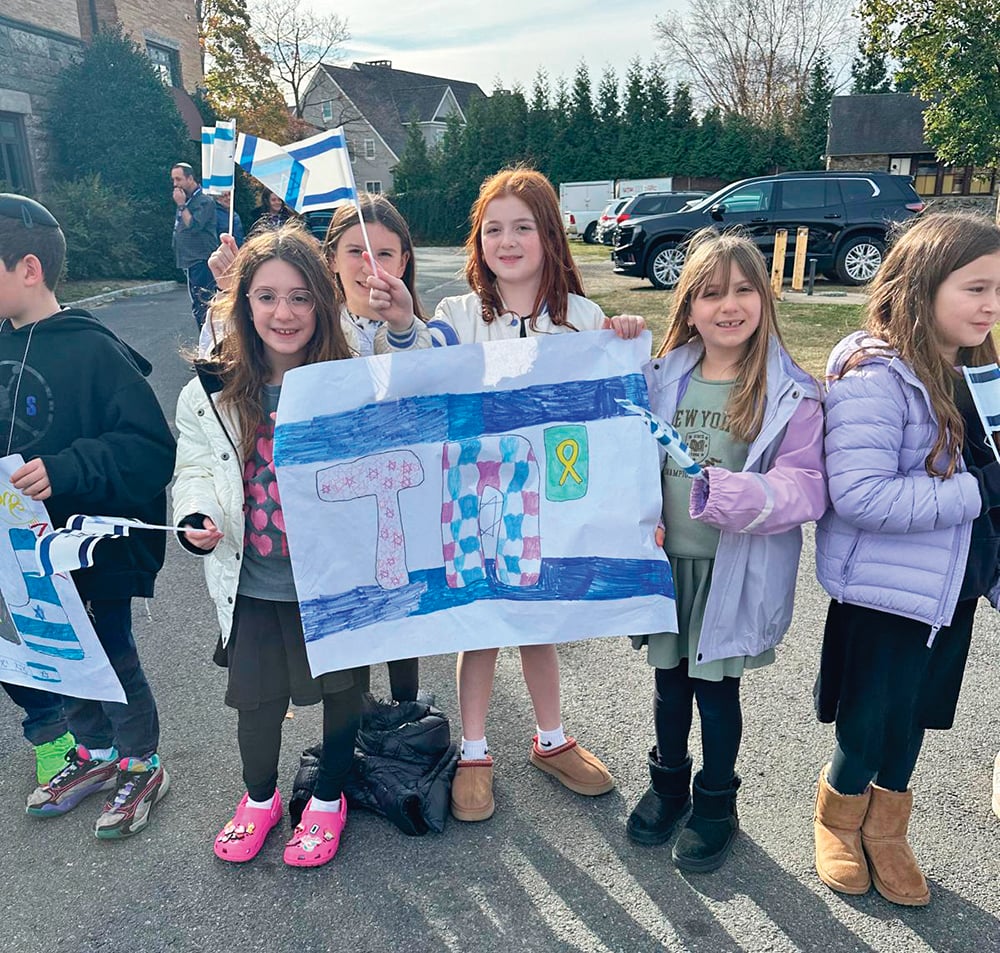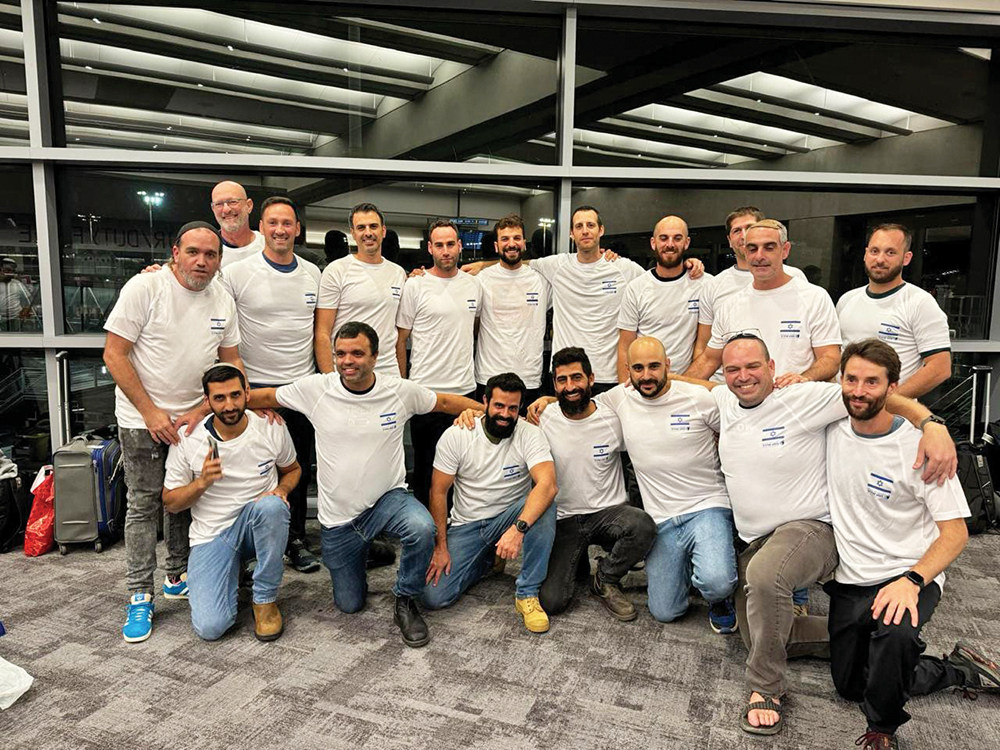A close friend of mine asked Rav Yitzchok Kolodetsky shlita for a bracha for parnasa (livelihood). Rav Kolodetsky responded, “I will give you the bracha that my grandfather, the Steipler, gave to those who wanted monetary blessing. If you want a bracha for parnasa, then read birkas hamazon (recited after eating a full meal, usually including bread) and al hamichya (recited after eating baked goods) from inside a siddur or bentcher. Don’t say these brachos by heart. Also, be meticulous in giving ma’aser (a tithe) to charity. Don’t approximate.”
My friend told me that he immediately improved himself in these two areas and since then, he’s been incredibly successful. Also, an especially large, unexpected benefit occurred to him a few months later,
The house he had purchased had a lien that wasn’t discovered in the title search. All of a sudden, the bank notified him of the lien…and their intent to take over the house to satisfy the lien, despite the title company’s involvement! The matter dragged on for years, but one day his lawyer called and said, “The bank dismissed your case. I have no explanation. You can keep your house with no lien!” he said.
The bracha continued… During the period of the lawsuit, the mortgage rates kept dropping. He attempted to refinance at a much lower rate, but due to the lawsuit on his house, no bank would accept his refinance attempts. Further, he had a large student debt with unaffordably high monthly payments.
When the bank dismissed the lien on the house, the mortgage rate had sunk to an all-time low. He was able to lock in the lowest rate ever. His monthly payments dropped so much that the combined total of mortgage payment, together with the student loan, was $700 a month less than before. Incredible bracha!!
In parshas Vayechi, Yaakov gives the famous bracha of, “Hamalach Hagoel Osi…. Yevarech….
The Midrash comments on this bracha, “The area of parnasa is on a higher level than redemption. Redemption comes through a malach (angel), as Yaakov said. The angel that saved me.” But livelihood comes directly from Hashem, as it says in Tehillim, “Poseach es yadecha umasbia l’chol chai ratzon.…” Hashem opens His hand and satiates and sustains each person.”
Clearly in the story with my friend, it’s evident that the blessing regarding his house came directly from Hashem.
The ending of the pasuk, “Poseach es yodecha” which is said each time Ashrei is recited (three times a day- twice in Shachris and once in Mincha) needs an explanation. The pasuk concludes, “…umasbia l’chol chai ratzon”—literally, who satisfies for everyone, desire. The ending would make the most sense if it said “umasbia ratzon shel kol chai”- who satisfies the desires of everyone—or something similar. Why is ratzon placed at the end?
Rav Shimon Schwab z”l provided an explanation that Markus Hirsch relayed at Rav Schwab’s own sheva brachos in Germany in 1931. Mr. Hirsch said his grandfather, Rav Shimshon Raphael Hirsch, asked him this very question and he offered the following explanation.
What makes one person successful in business and the other not? Is it a person’s business acumen? There are many smart people who are poor, and other less gifted people who are rich. What makes people favor a particular vendor, company or store from among its competitors? It’s all about appeal. People are more attracted to one brand or store over another. Where does the appeal come from? There is often no rhyme or reason why one brand is more appealing to the public than the other.
I personally see this with my children. They tell me which name brands are fashionable today and which have gone out of style. Personally, I don’t see the different appeal. But it’s there! It is Hashem who makes one more appealing than the other to an individual!
Now we understand better. The meaning of the pasuk is that Hashem opens His hands and satiates each person with ratzon, meaning “appeal”—the appeal that his product or services will have to others, to help make him successful in business or in personal matters.
I would like to add a further implication of the bracha the Steipler gave to those who read the words of birkas hamazon from inside a siddur or bentcher. The pasuk prior to “poseach es yodecha” is “einei chol Alecha”—the eyes of all are upon You, Hashem. It can be interpreted as connecting to the next pasuk, to mean: “Whoever sets their eyes upon you Hashem, You sustain.”
A person who reads the words of the brachos inside the text is truly focusing on Hashem’s benevolence to us. He sees with his own eyes that it is Hashem who provides to us. To that person, whose appreciation of Hashem is not casual, Hashem grants special success.
Rabbi Baruch Bodenheim is the associate rosh yeshiva of Passaic Torah Institute (PTI)/Yeshiva Ner Boruch. Rabbi Bodenheim can be reached at [email protected]. For more info about PTI and its Torah classes, visit www.pti.shulcloud.com












